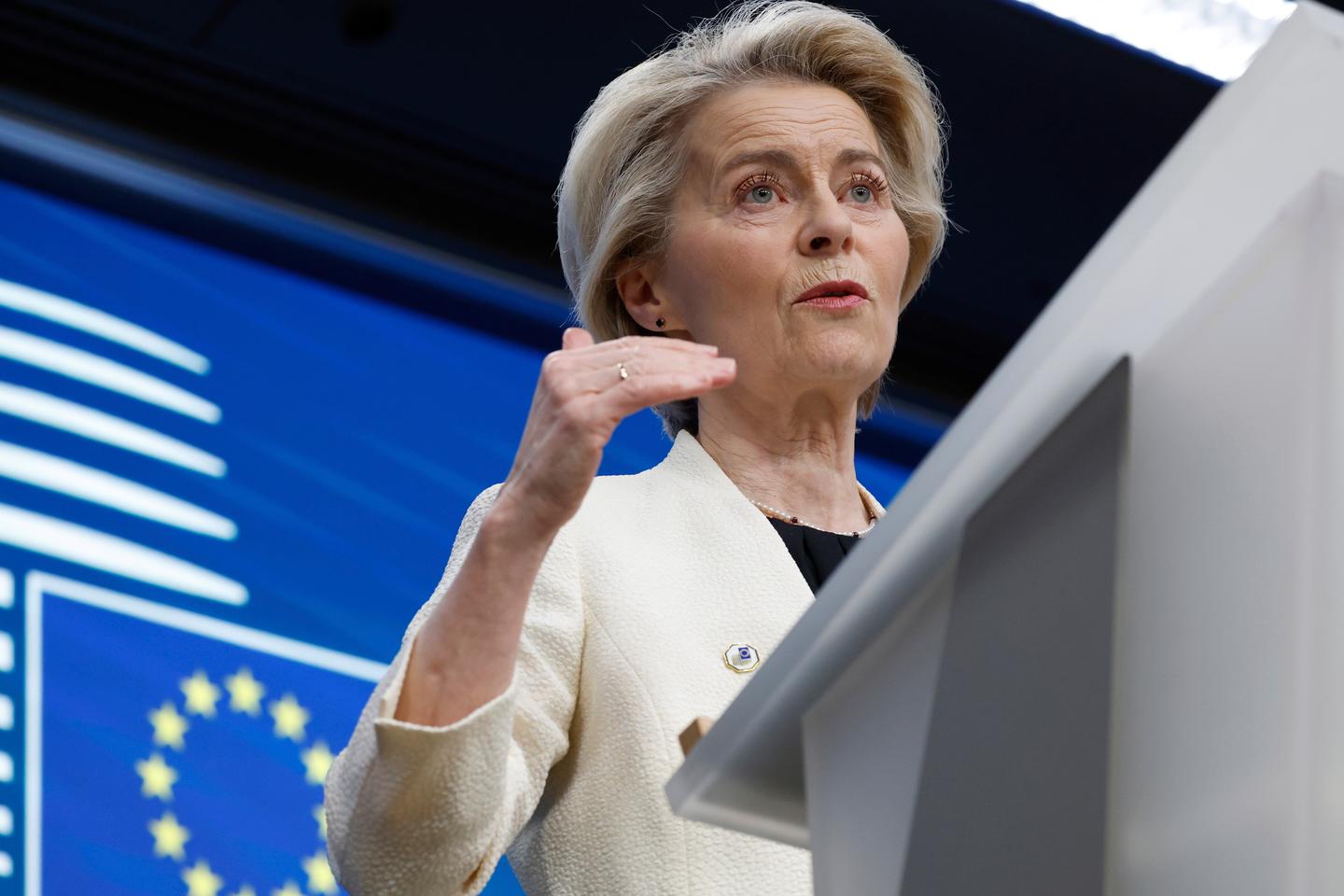Europe decides to take its security into its own hands, without breaking with US

The dinner between European leaders on Thursday, March 6, had not even wrapped up before Donald Trump sent his regards. In the evening, the American president once again called into question Washington’s commitment to NATO, arguing that the United States should not come to the rescue of countries that, in his eyes, do not spend enough on their own defense. “If they don’t pay, I’m not going to defend them,” he told reporters at the White House.
To drive the point home, he then questioned the reciprocal commitment of his European allies, adding: “If the United States was in trouble, and we called them, we said, ‘We got a problem, France. We got a problem, couple of others I won’t mention.’ Do you think they’re going to come and protect us? They’re supposed to. I’m not so sure.” This despite the fact that the only time NATO’s Article 5 of mutual assistance was activated was in 2001, after September 11, and European states mobilized to help the US.
Trump’s accusation came during an extraordinary European summit that had begun a few hours earlier, in the presence of Ukrainian President Volodymyr Zelensky, who is in the crosshairs of the Trump administration. The aim of the summit was to send a message of determination to Washington: The 27 member states want to demonstrate their unity and their willingness to take charge of their own security, while standing by Ukraine.
You have 84.17% of this article left to read. The rest is for subscribers only.
Related
A New Book Argues That What Happens in Europe Doesn’t…
Remaking the World: European Distinctiveness and the Transformation of Politics, Culture, and the Economy by Jerrold Seigel “No issue in world
Poland plans military training for every adult male amid growing…
Poland’s prime minister, Donald Tusk, has said his government is working on a plan to prepare large-scale military training for every adult male in response t
2025 European Athletics Indoor Championships: Ditaji Kambundji secures women’s 60m…
Switzerland’s Ditaji Kambundji walked away from the 2025 European Athletics Indoor Championships in Apeldoorn on 7 March with much more than her first Europea
Takeaways from the EU’s landmark security summit after Trump said…
BRUSSELS (AP) — European Union leaders are trumpeting their endorsement of a plan to free up hundreds of billions of








